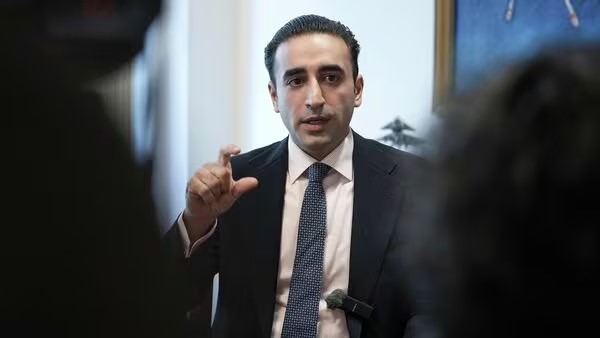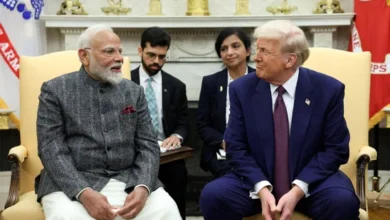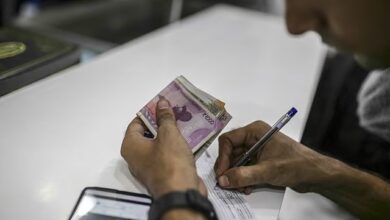Pakistan says open to extradition but ‘with conditions’
Whether this signals actual legal cooperation remains to be seen, but it has undoubtedly reignited debate around accountability, bilateral ties, and the enduring legacy of state-sponsored terrorism in South Asia.

In a potentially groundbreaking diplomatic shift, Pakistan’s former Foreign Minister Bilawal Bhutto Zardari has stated that Islamabad is willing to consider the extradition of high-profile terror suspects, including Dawood Ibrahim and Masood Azhar, on the condition that India cooperates constructively in the process.
Bilawal Bhutto Zardari, Pakistan’s former foreign minister, publicly stated that Pakistan would not oppose extraditing individuals like Hafiz Saeed and Masood Azhar to India, provided New Delhi cooperates in a broader dialogue on terrorism.
He described such extraditions as potential “confidence-building measures”, emphasizing that Pakistan had already taken legal action against Saeed for terror financing and claimed Azhar might be in Afghanistan. However, his remarks sparked intense backlash within Pakistan, especially from Hafiz Saeed’s son, Talha Saeed, who accused Bhutto of betraying national interests and “speaking India’s language”.
Despite the absence of a formal extradition treaty between India and Pakistan, Bhutto suggested that international law and political will could still enable extradition under principles like double criminality.
Speaking at a policy forum in Islamabad, Bhutto Zardari emphasized Pakistan’s readiness to engage in meaningful dialogue on cross-border terrorism and accountability, saying, “We are open to extradition, but the process must be reciprocal and transparent. We cannot act unilaterally without mutual cooperation and legal frameworks in place.”
This marks a significant rhetorical departure from Pakistan’s usual stance of denial or deflection regarding the presence of internationally wanted terrorists on its soil. Both Dawood Ibrahim, believed to be the mastermind behind the 1993 Mumbai bombings, and Masood Azhar, alleged founder of the terror group Jaish-e-Mohammed linked to the 2019 Pulwama attack, have long been subjects of extradition demands by India and are sanctioned by the United Nations Security Council.
However, the Indian government swiftly responded by reiterating that extensive dossiers and evidence were already provided to Pakistan, especially following the 2008 Mumbai terror attacks that left 166 people dead. Indian officials maintained that Islamabad has been stonewalling requests and sheltering fugitives despite international pressure and bilateral agreements such as the SAARC Regional Convention on Suppression of Terrorism.
An official from the Ministry of External Affairs (MEA) noted, “India has presented irrefutable evidence time and again. The expectation is not for further cooperation, but for Pakistan to honor its commitments under international law and bring perpetrators to justice.”
Analysts caution that while the statement from Bhutto Zardari is diplomatically significant, it may be more symbolic than actionable in the short term, given Pakistan’s domestic political complexities and the military’s historical role in shielding non-state actors.
Nonetheless, the overture could signal a possible thaw in the otherwise frozen dialogue between the two nuclear-armed neighbors, particularly amid increasing international scrutiny over Pakistan’s record on counterterrorism and India’s growing global influence.
Whether this development will translate into actual legal cooperation remains to be seen, but it has undoubtedly reignited debate around accountability, bilateral ties, and the enduring legacy of state-sponsored terrorism in South Asia.












